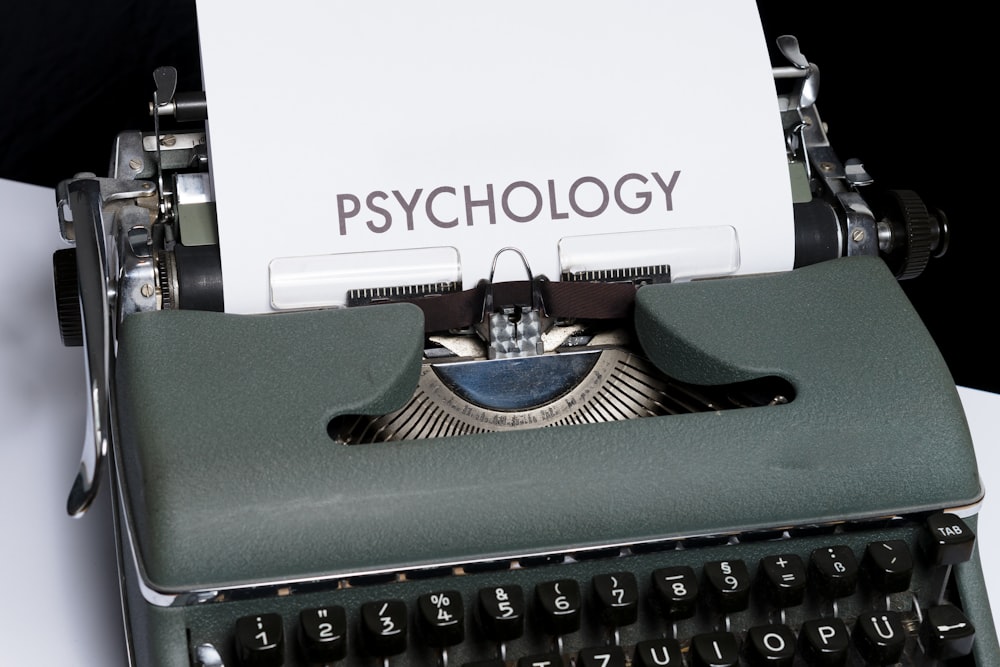
Considering pursuing a higher degree in clinical psychology? We sat down with Doctor Mendle, the Assistant Director of Undergraduate Studies, to get some of our questions answered and hear advice from an expert who has already been through the process.
First, let’s establish the big differences between clinical psychology degrees:
A Ph.D. in clinical psychology prepares you for a career in a range of settings such as private practice, hospitals, research, teaching, and consulting, usually interacting with patients with more severe disorders. These programs are highly competitive and heavily research based.
A Psy.D. in clinical psychology focuses on the clinical experiential aspect, providing you with the tools to be a practitioner in a private practice or mental health center setting. These programs are less competitive, although slightly less versatile.
A Ph.D. in counseling psychology is geared towards personal growth and adjustment rather than psychopathology, typically in a school or university setting.
How competitive are clinical psychology programs?
The Ph.D. programs are incredibly competitive, more so than law and medical school admissions. Doctor Mendle stated that some of these programs only accept 2-3% of applicants. However, school psychology, which involves intervention work with children in a school context, is a less competitive option.
Are there student organizations to join?
There are! Although there are no organizations specific to clinical psychology, there are clubs that expose you to mental health issues and provide great networking opportunities. Professor Mendle recommends Empathy, Assistance, and Referral Service (EARS), a counseling service run by peers, and Cornell Minds Matter, a mental health advocacy group.
What are some classes to take in order to prepare for pursuing clinical psychology?
There is a wide range of classes that prepare students for a career in clinical psychology. A great place to start is Developmental Psychopathology (HD 3300) and Adult Psychopathology (HD 3700). Others include Psychopathology in the Great Works of Literature (HD 4770), Stress, Emotions, and Health (HD 4240), Attention Deficit/Hyperactivity Disorder in Children (HD 4780), and Neurochemistry of Human Behavior (HD 3250).
Additionally, getting involved in research is one way to get exposure to clinical psychology, especially if you plan to pursue a Ph.D. which is research based.
What is a good way to spend a gap year?
Doctor Mendle noted that most students pursuing this path don’t take a gap year. However, working in a research lab could be an effective way to spend your time. She recommended major medical hospitals, such as Massachusetts General Hospital or the National Institute of Health, to do research. These programs usually require a 2-year commitment.
For more advice, stop by the Career Exploration Center and pick up our “Clinical Psychology and Counseling” information packet!
Looking for resources to prepare for your career in psychology? Visit Resources for Careers in Psychology
Want to see what graduates degrees you can pursue in the field of Psychology? Check out Clinical Psychology Degrees
